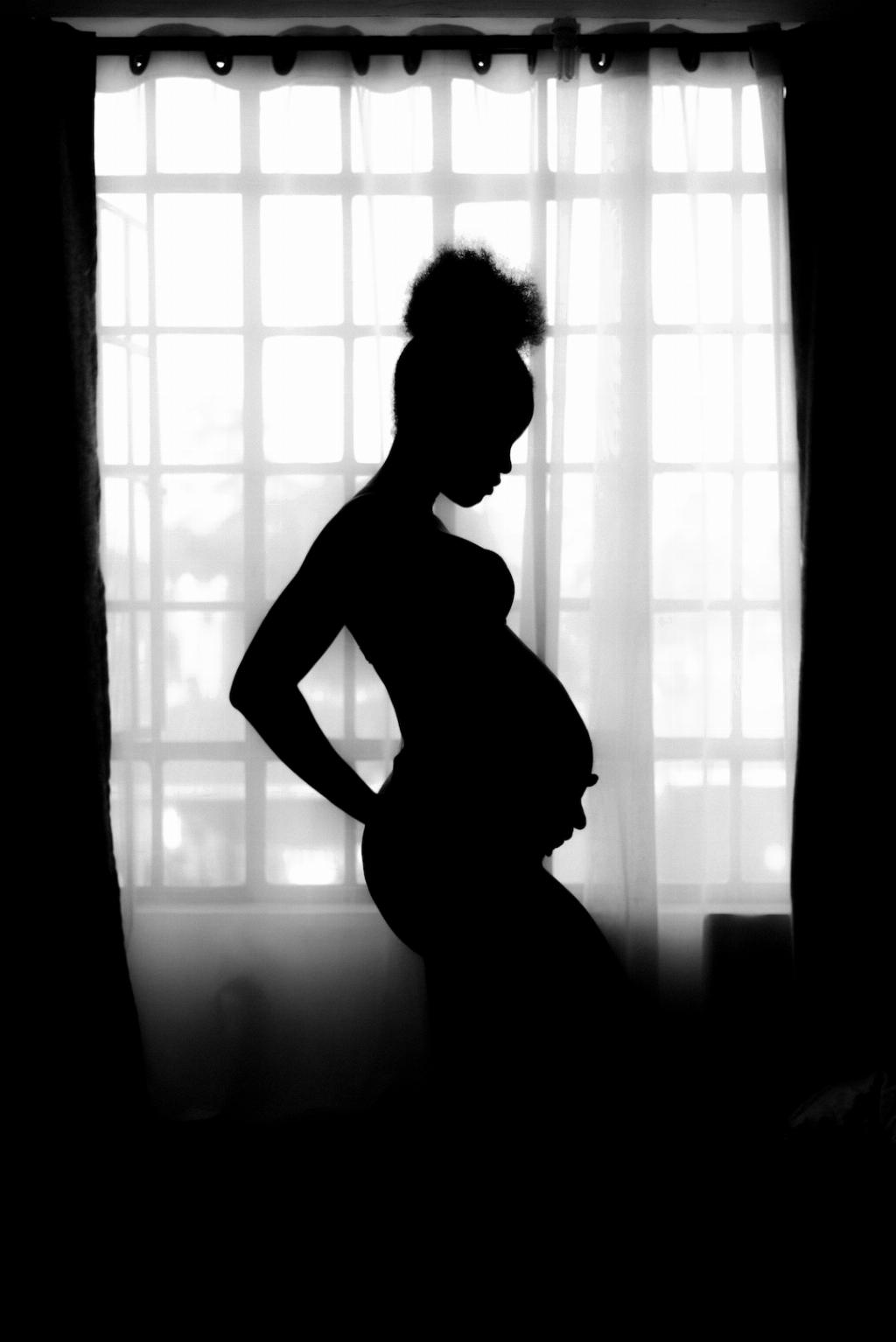Restless Leg Syndrome (RLS), also known as Willis-Ekbom Disease, is a condition characterized by an irresistible urge to move the legs, often accompanied by uncomfortable sensations such as crawling, tingling, or burning in the legs. When it comes to RLS during pregnancy, the causes can be multifactorial and complex.
One of the factors that have been associated with the development or exacerbation of RLS during pregnancy is hormonal fluctuations. The changes in hormone levels, particularly estrogen and progesterone, can impact the neurotransmitters in the brain responsible for regulating muscle movement, potentially leading to the symptoms of RLS.
Another important aspect to consider is the role of iron, ferritin, and folate metabolism in relation to RLS during gestation. Iron deficiency, which is common in pregnant women, has been linked to RLS symptoms. The body’s increased demand for iron during pregnancy can further exacerbate this deficiency, potentially contributing to the onset of RLS.
Furthermore, vitamin D deficiency has also been suggested as a potential contributor to RLS during pregnancy. Vitamin D plays a crucial role in muscle function and nerve signaling, and inadequate levels of this vitamin can affect the regulation of dopamine, a neurotransmitter associated with RLS symptoms.
Genetic factors may also play a role in predisposing individuals to RLS during pregnancy. Studies have indicated that there may be a genetic component to RLS, and women with a family history of the condition may be at a higher risk of experiencing symptoms during gestation.
Additionally, changes in zinc and magnesium levels have been implicated in the development of RLS during pregnancy. These minerals are essential for muscle function and nerve signaling, and alterations in their levels can impact the physiological processes that contribute to RLS symptoms.
In conclusion, the causes of Restless Leg Syndrome during pregnancy can be influenced by a combination of hormonal fluctuations, iron, ferritin, and folate metabolism, vitamin D deficiency, genetic factors, as well as zinc and magnesium changes. While the exact etiology of RLS in gestation remains incompletely understood, addressing these potential contributing factors and seeking appropriate medical advice and management can help alleviate the symptoms and improve the quality of life for pregnant individuals affected by this condition.

